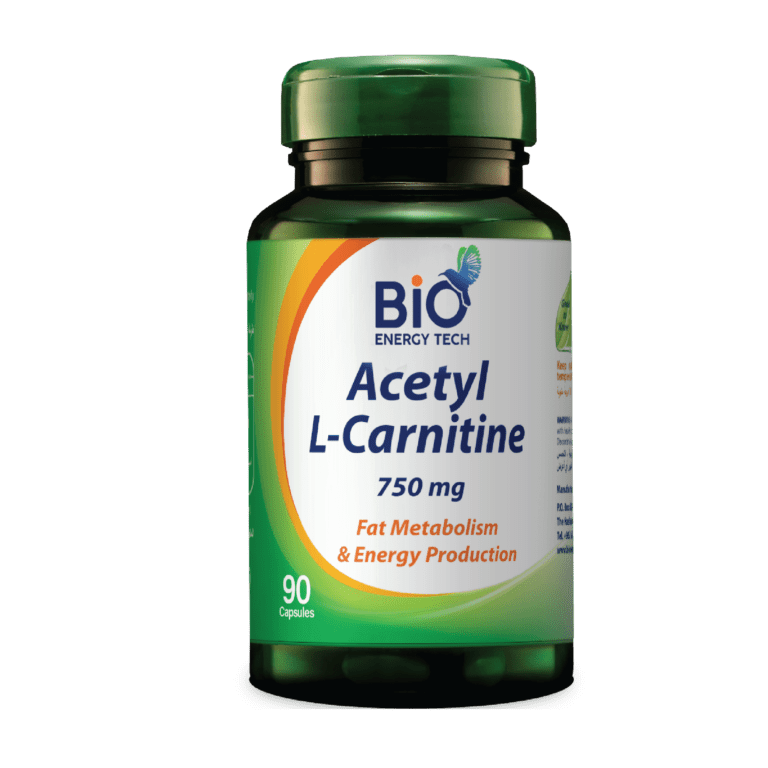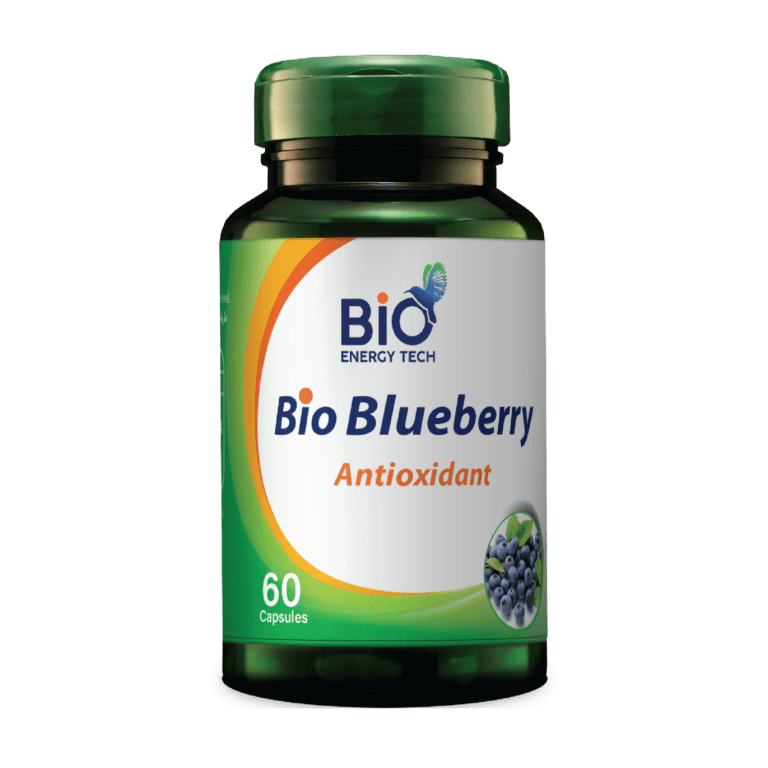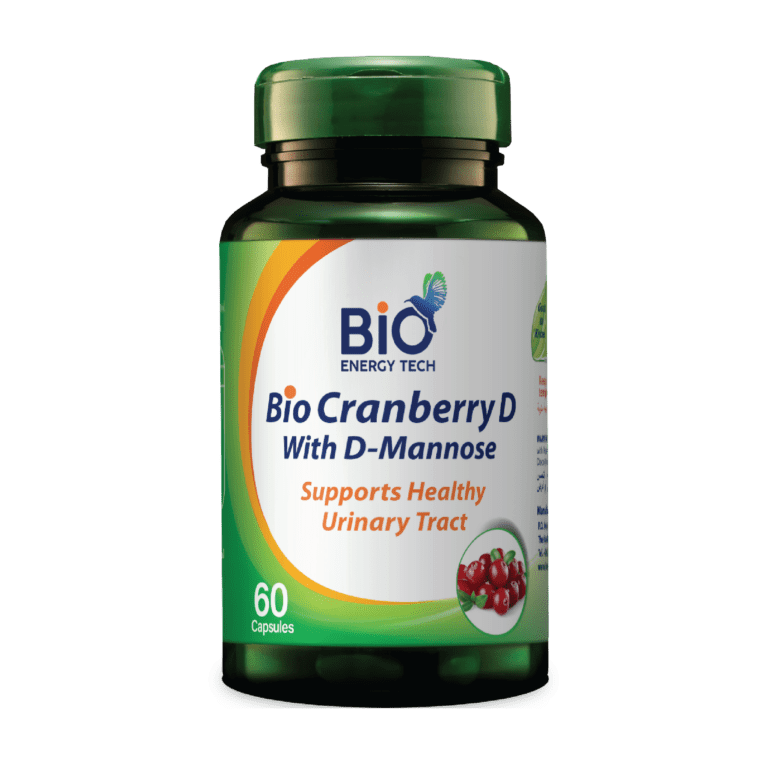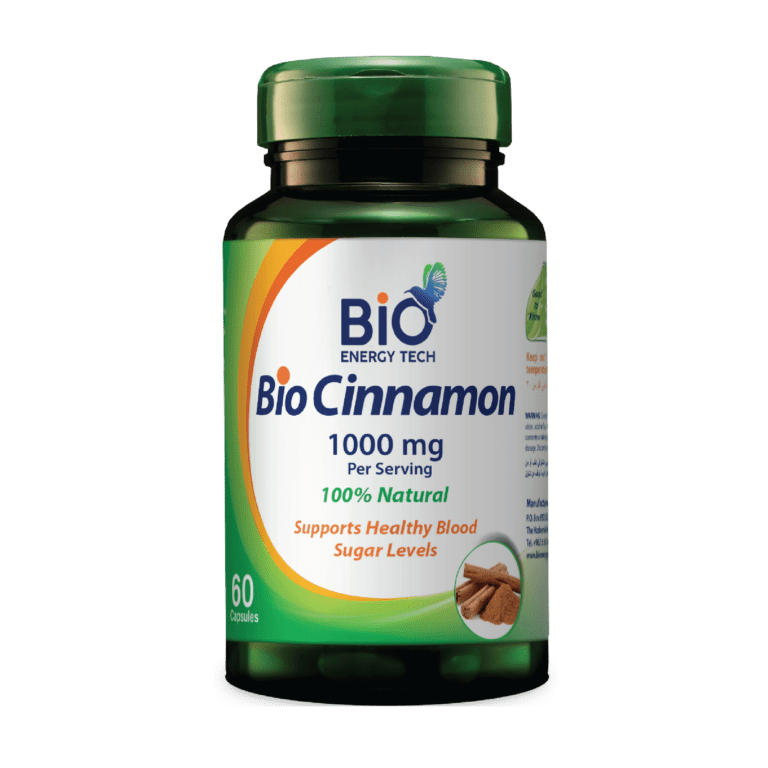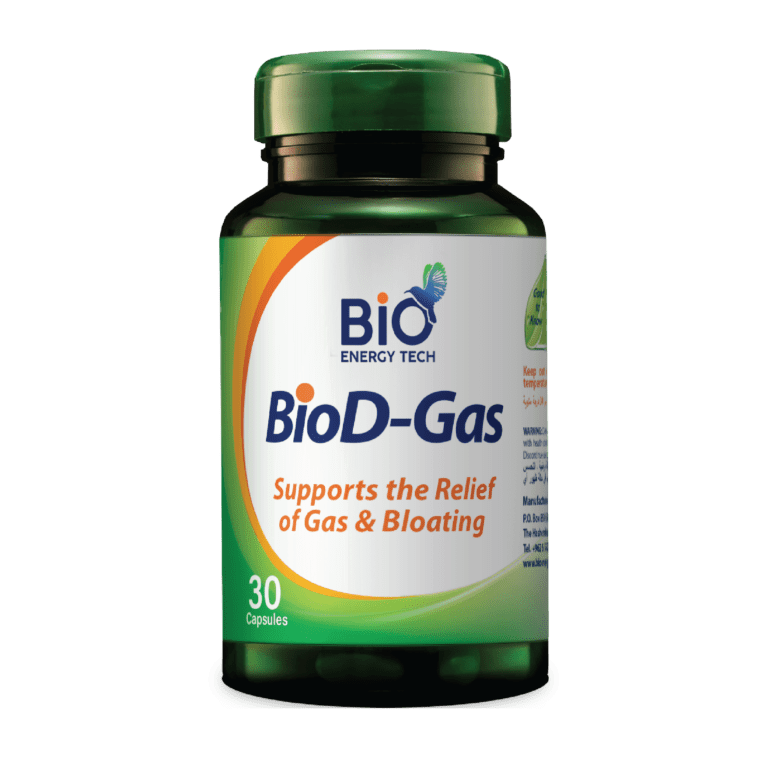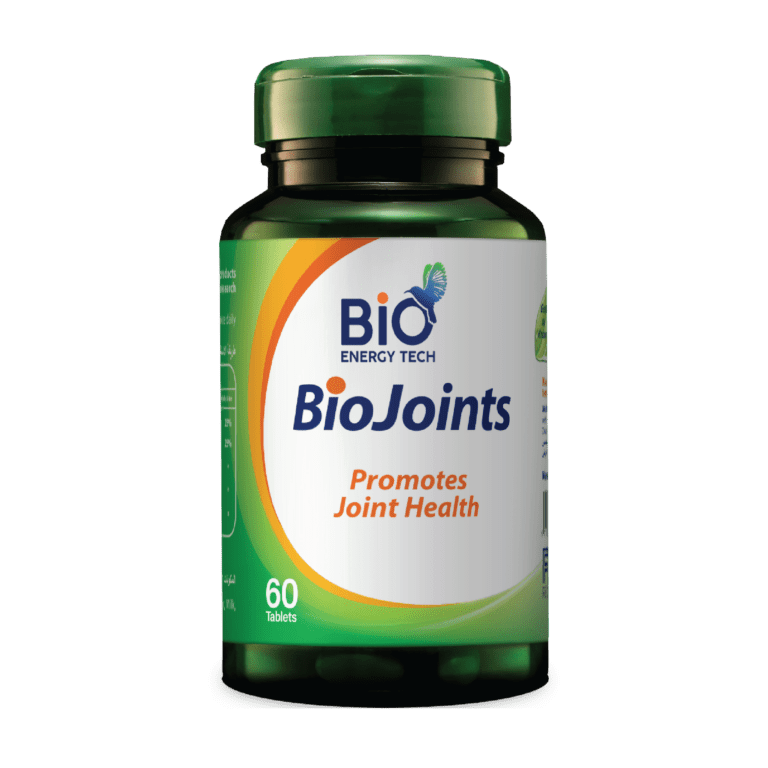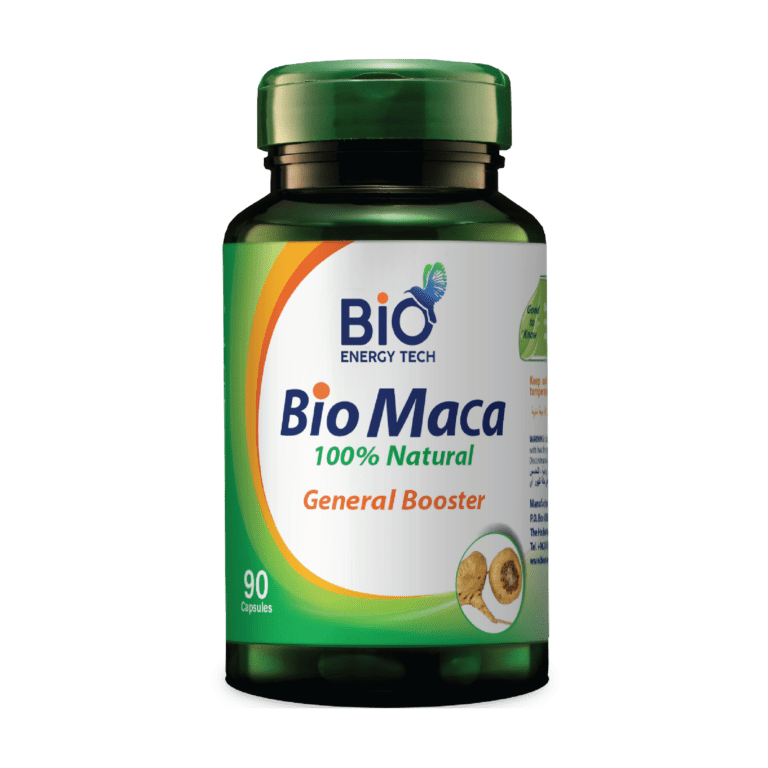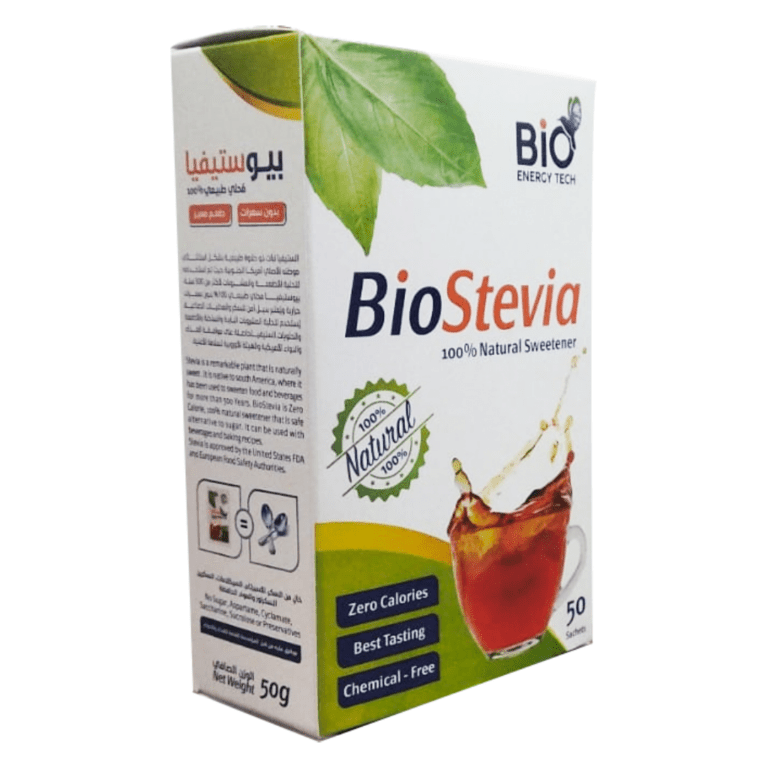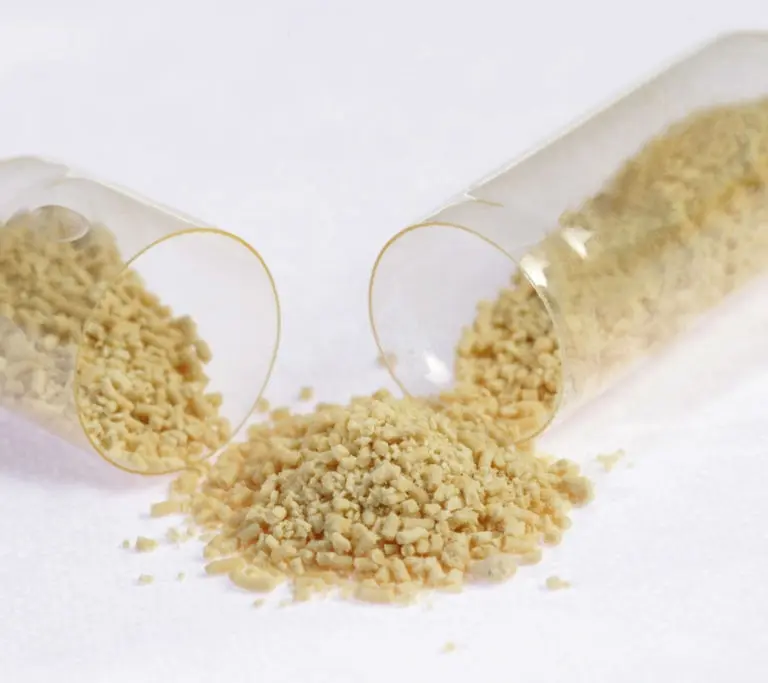Probiotics
Probiotics consist of live beneficial bacteria and /or yeasts that naturally live in the body. In the body’s normal state, harmful and beneficial bacteria are present, on the other hand when an infection is present, the amount of harmful bacteria outweighs the number of beneficial bacteria. This upsets the bacterial balance in the body, however the beneficial bacteria helps restore the balance and eliminate the harmful bacteria. That’s how probiotic supplements contribute to this process.
What are probiotics?
Probiotics are a mixture of live beneficial bacteria with/or yeasts that live naturally in the body.
Although bacteria are known to be pathogens, most people are unaware that the body naturally contains both beneficial and harmful bacteria in its normal state.
The role of beneficial bacteria in maintaining the balance and health of your body is prevalent through several ways, including eliminating excess harmful bacteria. Probiotics are part of the microbiome. A microbiome can be visualized as a forest containing many organisms. It actually contains living organisms that work in an integrated manner to keep the body healthy.
The organisms that make up the microbiome are called microbes. There are billions of microbes in the human body which can be divided into:
- Bacteria
- Fungi (including yeasts)
- Viruses
- Protozoa
It should be noted that microbes differ from person to person, even between twins. Not all microbes can be probiotics, in order to classify microbes into probiotics several conditions that must be met:
- They are separate from their host.
- They can survive in the intestines.
- They have proven benefits for humans.
- They can be used safely.
Where are probiotics found in the body?
Although the most common place for probiotics to be found is the intestines (often the large intestine), there are several places on and inside the body where probiotics are found, including:
- The intestine.
- The mouth.
- The vagina.
- The urinary tract.
- The skin.
- The lungs.
How do probiotics work?
The main function of probiotics in the body is to maintain a healthy balance. When a person is sick, harmful bacteria enter the body and their numbers increase, this causes a bacterial imbalance in the body.
Therefore, probiotics work to fight harmful bacteria and restore balance. Beneficial bacteria also maintain a healthy body by supporting the immune system and controlling inflammation, in addition to several other roles, including:
- Aiding in the digestion of food.
- Keep harmful bacteria under control and prevent their growth.
- Supporting cells that line the intestines in preventing harmful bacteria from entering the blood through food and drink.
- Aiding in medicine absorption.
This balance always occurs naturally in the body, which means we don’t need to take probiotic supplements to make it happen. Beneficial bacteria are naturally present in the body through an adequate daily diet that is rich in fiber and helps keep probiotics within required levels.
Types of Probiotics
There are many bacteria that can be classified as probiotics, but there are two types that are abundant in the supplement market:
- Lactobacilli
- Bifidobacterium
For probiotics made from yeasts, the most common type is Yeast boulardii.
Can probiotics be used to help with medical treatments?
Currently, there is a large amount of research revolving around the effect of probiotics on the body and although there are significant positive results, the effect of probiotics in some medical conditions as a treatment still remains under study.
However there are several medical conditions in which probiotics can help. Their effect varies between people and is also dependent on the type of probiotic taken. The following are some conditions where increasing the amount of probiotics through food or supplementation can help.
- Diarrhea (whether caused by antibiotics or Clostridium difficile).
- Inflammatory bowel.
- Yeast infection.
- Irritable bowel syndrome (IBS).
- Urinary tract infection (UTI).
- Periodontal disease.
- Lactose intolerance.
- Upper respiratory infections.
Ways to Increase Probiotics in the Body
You can increase the amount of probiotics in your body through food, drink and supplements. Your diet may already contain ingredients rich in probiotics, especially fermented foods such as pickles and yogurt. There are also some drinks like fermented kombucha tea or kefir that provide your body with probiotics.
Regardless of the food you eat, you can also take probiotics as supplements, but it is important to consult your doctor before starting any dietary supplement.
Foods that can be eaten to increase probiotics in the body:
- Sourdough bread.
- Kombucha tea.
Although adding foods rich in probiotics to the diet is harmless, it is still necessary to maintain a balanced diet, as focusing on one type of food can deprive the body of the benefits of other foods.
How can I take probiotics?
Probiotics can be taken through several forms:
- Food
- Drink
- Granules or powder.
Probiotics can be found combined with prebiotics in the same preparation. The difference between prebiotics and probiotics is that prebiotics are complex sugars that help feed beneficial bacteria in the intestine, they include: insulin, pectin, and starches.
Efficacy of Probiotics
Research is still underway to confirm the effectiveness of probiotics in treating some conditions. Despite their many proven benefits, there is still a need to prove their effectiveness as a treatment. It is also important to remember that probiotics are not a treatment so far and do not need the approval of the FDA for use, which makes them vulnerable to false promotion and rumors by some merchants with claims of safety and efficacy.
Therefore, you should consult your physician before starting to use any nutritional supplement, as it can interfere with certain medications. This also applies to pregnant and breastfeeding women as well.
Probiotics Storage Conditions
Probiotics are fragile strains that are affected by light, heat and oxygen, all of which can kill them, therefore the storage instructions on their labels must be adhered to.
How safe are probiotics?
Because probiotics are naturally present in the body, they are generally considered safe, but they may cause allergic reactions, minor digestive upsets such as diarrhea and bloating in some people. In some rare cases, infection can cause the development of resistance to antibiotics.
Caution should be taken when taking probiotics with the following cases due to the risk of infection:
- Immunocompromised patients (such as patients treated with chemotherapy).
- Patients with life-threatening diseases.
- Patients who have recently undergone surgery.
Is it necessary to take probiotics after treatment with antibiotics?
In cases of bacterial infections, antibiotics need to be taken, however these medications will eliminate the beneficial bacteria as well as the harmful bacteria, causing a bacterial imbalance in the body. This effect causes diarrhea in some people after taking antibiotics.
Some studies have indicated a relationship between the resolution of diarrhea and taking probiotics after antibiotic treatment, but this has not been proven yet and is not suitable for all people.



